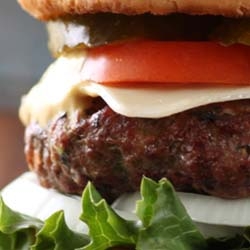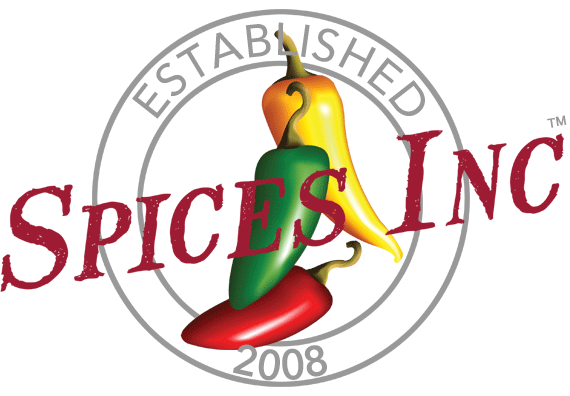The 10 Secrets of Backyard Grilling

The 10 Secrets of Backyard Grilling
So you want to become a grill master? Well it's your lucky day ‘cause we're about to set your world on fire. Everyone has recommendations on what works best for them, and that's because no matter how many recipes you try, if you don't use the right techniques you won't be able to take full advantage of what you have on your plate, or grill. We're going to share with you our 10 secrets to making sure whatever you grill comes out perfectly every time.
1. Lighter Fluid: Not in My Grill – Unless you like chemicals in your food, which I'm guessing you probably don't, there are other ways to light your grill that won't cook your food in petroleum. Not only is it healthier to use another means of lighting, but we bet you'll taste a difference, too. Try a chimney starter or paraffin lighter cubes for best results.
2. Preheat Your Grill – Make sure you preheat your grill for 10 to 15 minutes before adding your food. With all of your burners on high the temperature under the lid should reach 500° F, which will loosen any food that was previously stuck to the grill and make it easier to brush off. A hot grate is also essential in order to sear your food properly.
3. Keep it Clean – Let's face it. Bits and pieces of food are going to get stuck to the grate when you cook. Before you throw your food on the grill the next time, let it heat up and use a wire brush to remove any food particles that still remain. This is not only for sanitary reasons, but it helps prevent future food from getting stuck to the grate. Note: use a steel brush if you have a cast-iron grate in your grill.
4. Oil Your Food, Not the Grate – This one might be a bit controversial, but we recommend oiling your food instead of the grate. Putting oil directly on the food will keep if from sticking, but it will also add flavor and moisture. Lightly brush the oil onto your food and then place it on the grate. You'll save oil and also avoid a potentially dangerous situation.
5. Know When to Use Direct Heat – Direct heat (when the heat source is directly below the food) should be used to cook pieces of meat that are relatively small and tender and will cook in 20 minutes or less. Bone – in pieces of meats take longer and should be cooked for a longer period of time over low heat.
6. Don't Overdo It – Know when your food is done. Depending on how well cooked you like your food; use a meat thermometer to check the temperature. When it comes to meat on a bone, like chicken thighs, take the thickest one and cut a slit all the way to the bone. If it is still pink and you can see veins, put it back on the grill for a little while.
7. A Watched Grill Never Sears – Once you put your steak on the grill close the lid and resist the urge to open it any more than you need to. If you continuously open the lid you will let out the hot air that your food needs to cook. You also let out moisture every time you open the lid, which will in turn make your food drier then it would be otherwise. Keeping the lid closed also helps give your food that smoky flavor that is normally one of the reasons why you grill your food in the first place.
8. The Key is Caramelization – To get that smoky, seared taste that we just mentioned make sure that you are using the right level of heat (it's better to let your food cook for longer than to burn it). This is key so that you can avoid turning your food more than once or twice, which will allow for browning and the seared flavor that you want.
9. Make Sure You Marinate – Marinade may serve more of a purpose than you realize. Yes, it makes the food taste better, but that is because of the acidity it contains. Most marinades contain some sort of yogurt, lemon juice, vinegar or wine which keeps the meat moist and tender while it is being grilled.
10. Keep an Eye on the Flame – Quick flare ups are what sear your meat, but too many will result in a crisp, burnt outer layer. To prevent this from happening make sure you remove any extra fat from your meat before placing it on the grill. This will reduce the amount of grease and fat that falls to the bottom and results in a flare up. Also, if the flame gets too high just move your meat out of direct heat for a minute or two until the flame dies down a bit.
Just follow these simple steps, and we bet you'll be the grill master of the neighborhood.
Table of Contents
Hungry for more information?
The 11 Secrets to Smoking BBQ Ribs
Global Grilling Habits
The Difference Between Smoking, Barbecuing, And Grilling
The Best Vegetables for Grilling

